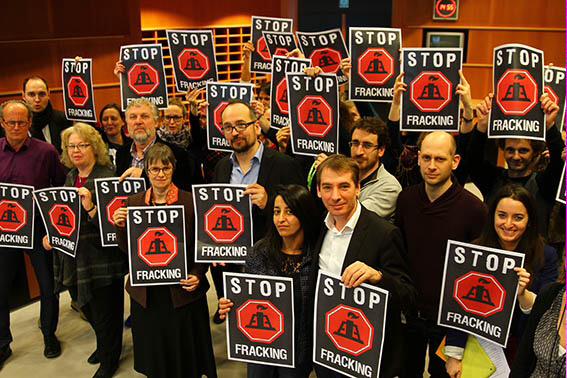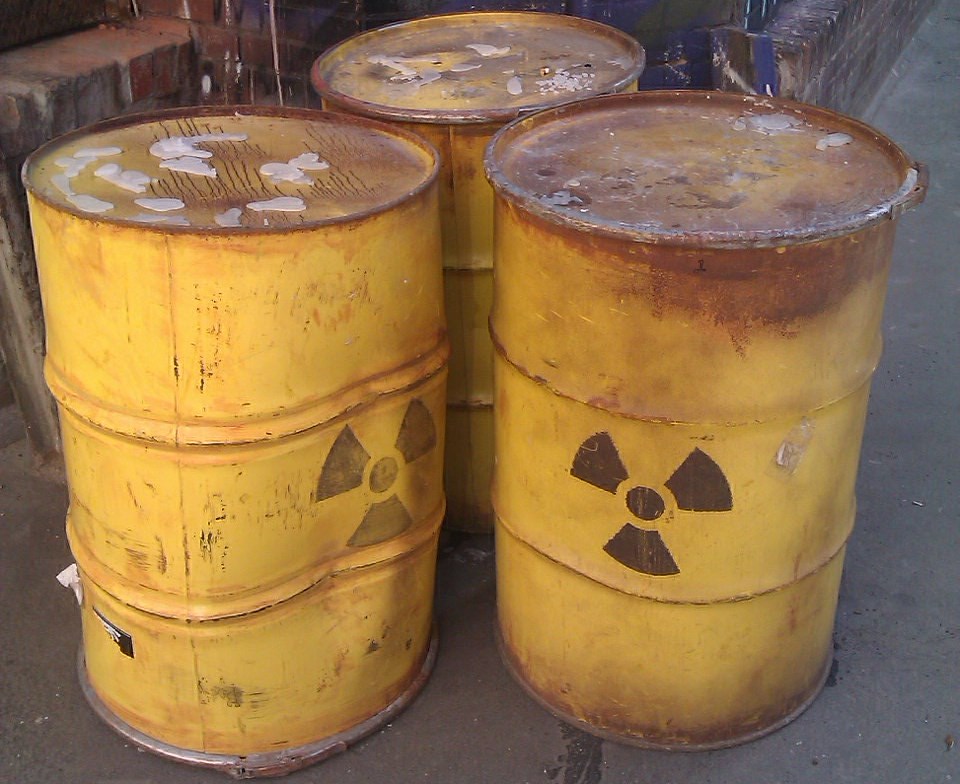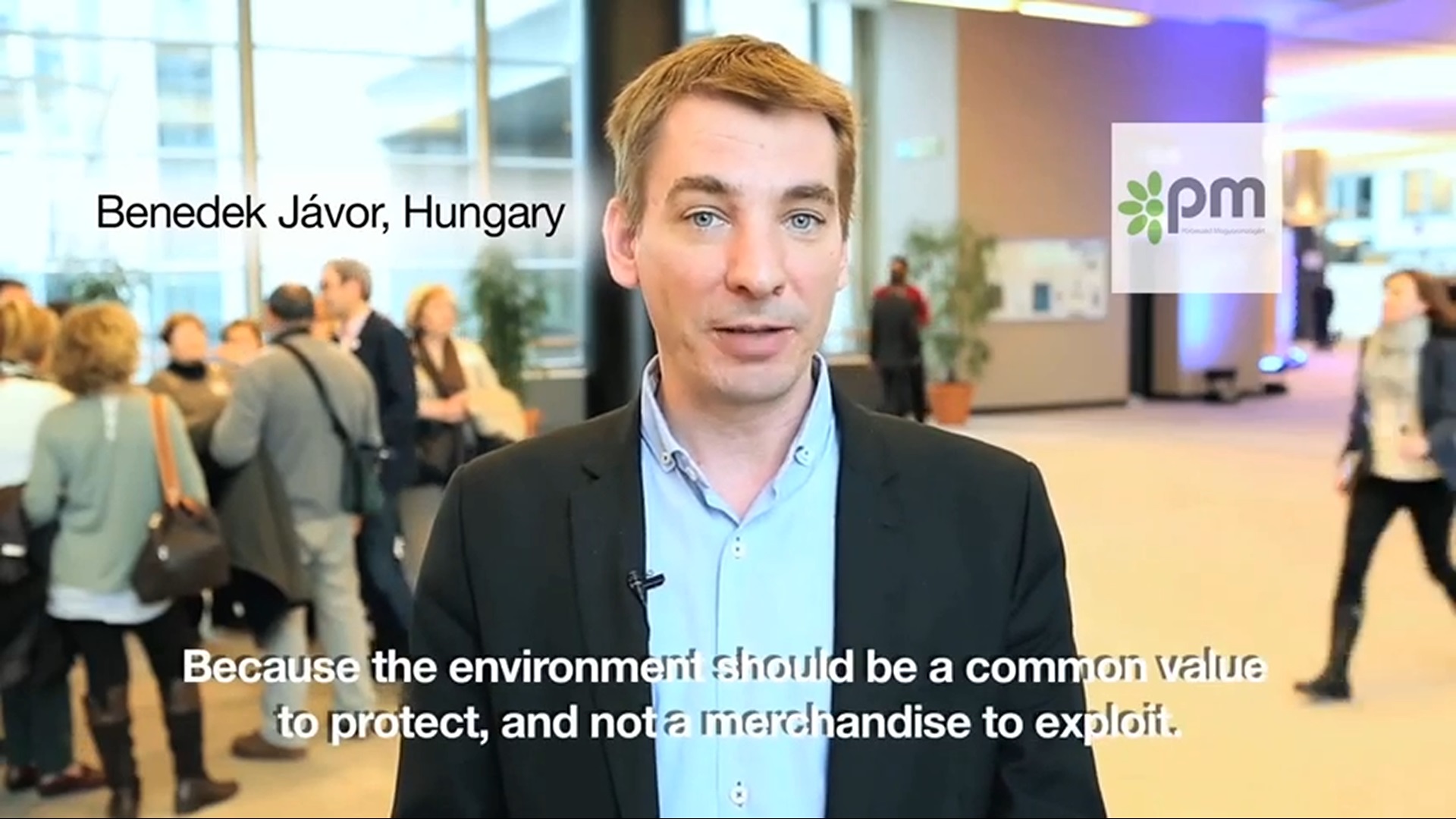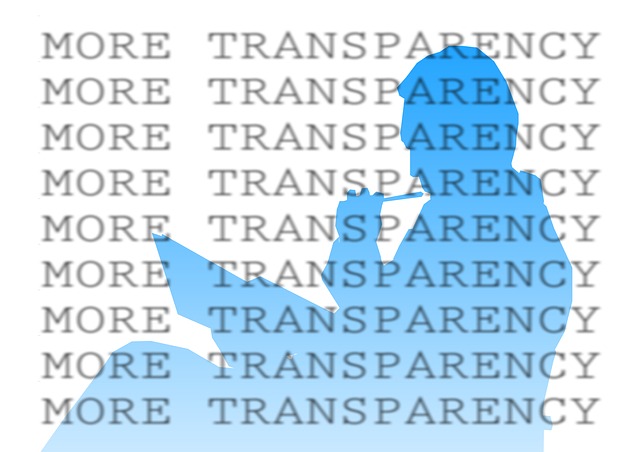It is difficult to imagine corruption without the contribution of players who have the ability to abuse resources – mostly public resources – for the purpose of generating a private; only people with some kind of power in their hands are able to act as such. In order to prevent those powerful people from misusing public money we need people to counter them. Today, we cannot talk about a serious anti-corruption policy without meaningful protection for these brave men and women.
Whistleblowers play an important role in a democracy ensuring vital information in the public interest is brought to light. The level of the extent to which legal means and guarantees that serve to protect whistleblowers as well as the level of specially protected reporting channels are shockingly uneven when it comes to the different Member States. In view of the anomalies of different regulations, the weakness of national institutions, and recent atrocities and lawsuits brought against whistleblowers, it is high time that whistleblowers were guaranteed protection minimum across Europe.
The resolution voted by the EP in March on the report on the fight against fraud has demanded the Commission to propose legislation to this end and stop stalling.
Strasbourg, 29th April 2015






